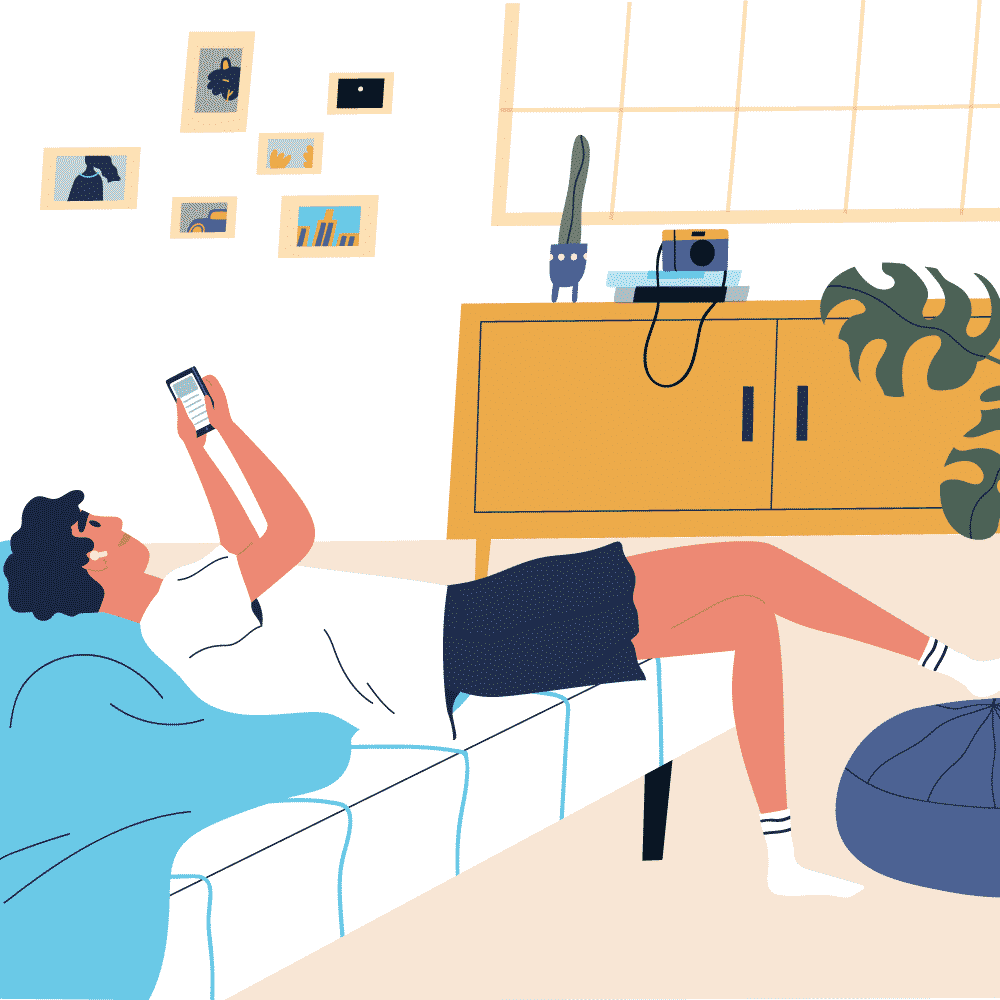
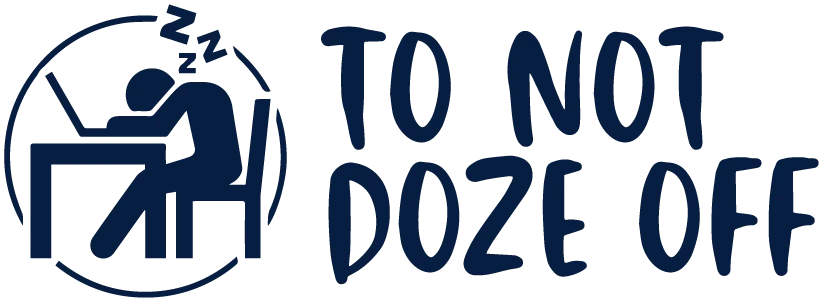


Sleep 101
Here, resources are categorized according to the main factors they explore, to better understand sleep in all its dimensions.
Sleeping is as natural as breathing. And even though these vital functions occur automatically, we can influence them to take care of ourselves. For example, breathing deeply from the abdomen is a simple way to influence an instinctive function.
Sleep is the same: some of it is effortless, but we can also influence that third of our lives spent sleeping… and dreaming.
What can you do to improve your sleep and dreams?
What cards do you hold in your hand to keep you awake at night? #TNDO
There is rarely a single cause of unsatisfactory sleep, nor a single solution for taking care of it. Biology, psychology, living environment and culture are intertwined and influence each other… in both directions! Yes, the links between these factors are bidirectional: quantity and quality of sleep influence health, and health, in turn, influences sleep. A concrete example: stress can disrupt sleep… but lack of sleep can also generate even more stress.
Find out more below and on the sleep and screens, reliable resources we’ve created or recommend for teens.
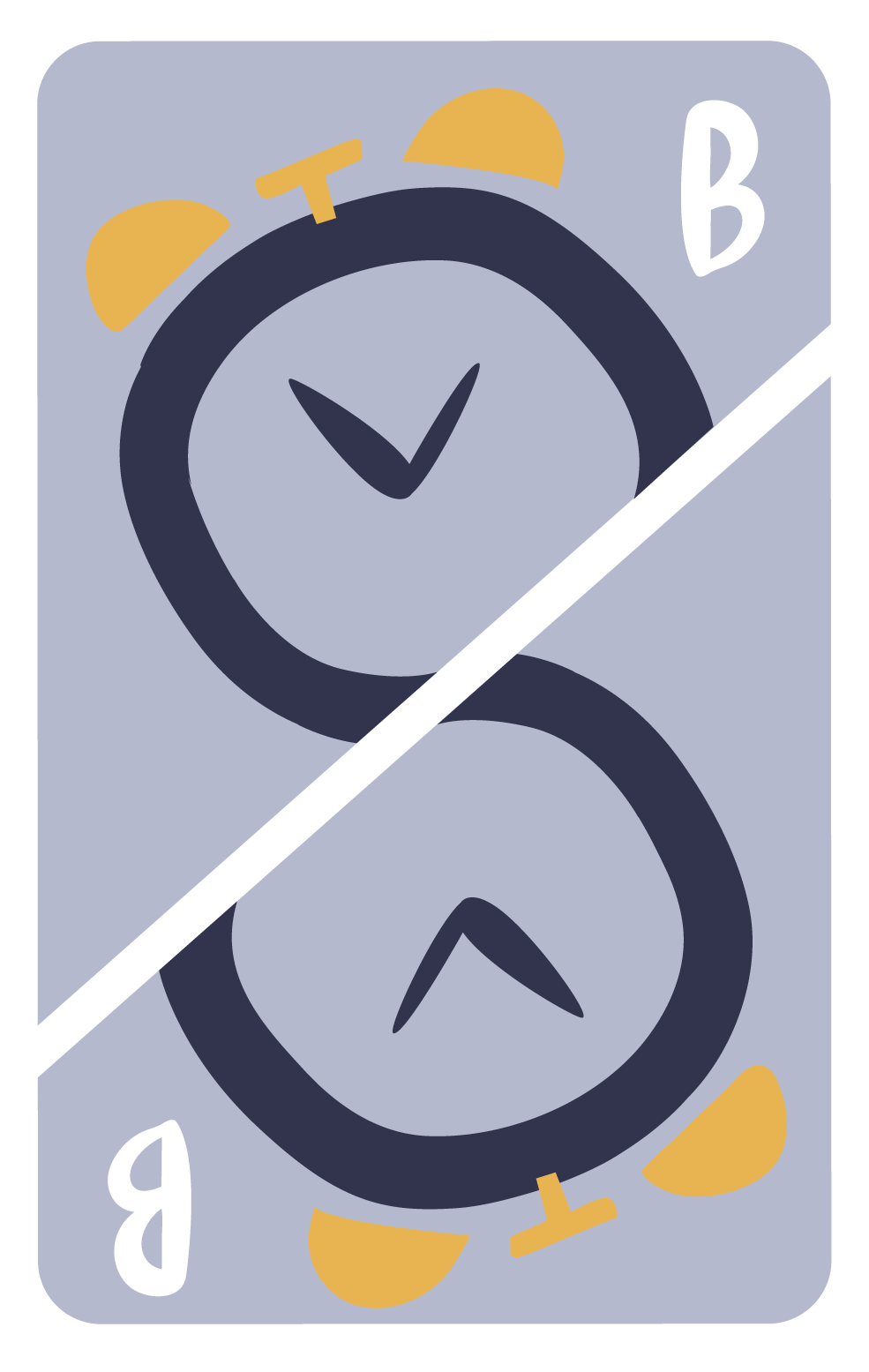
Biology
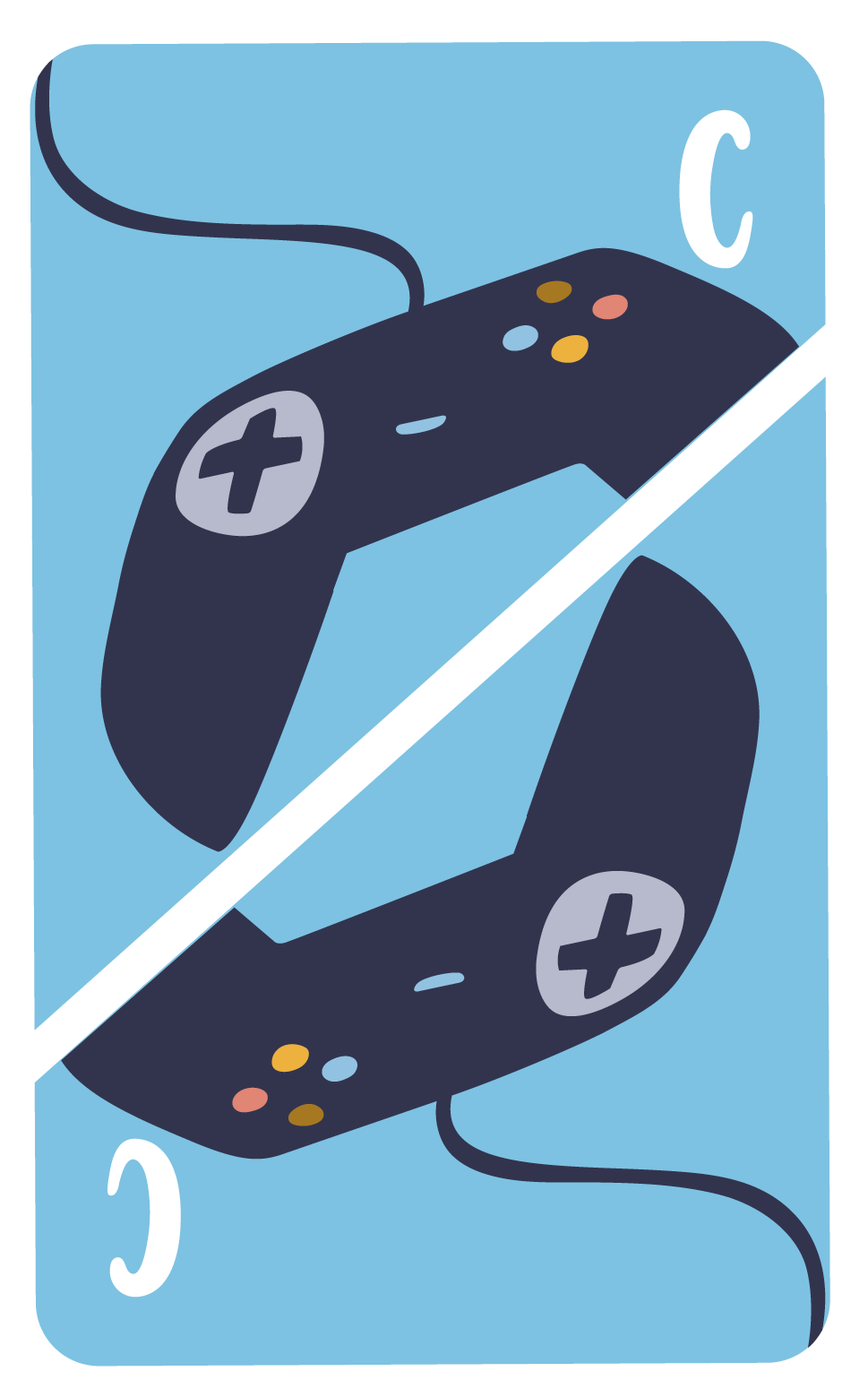
Culture
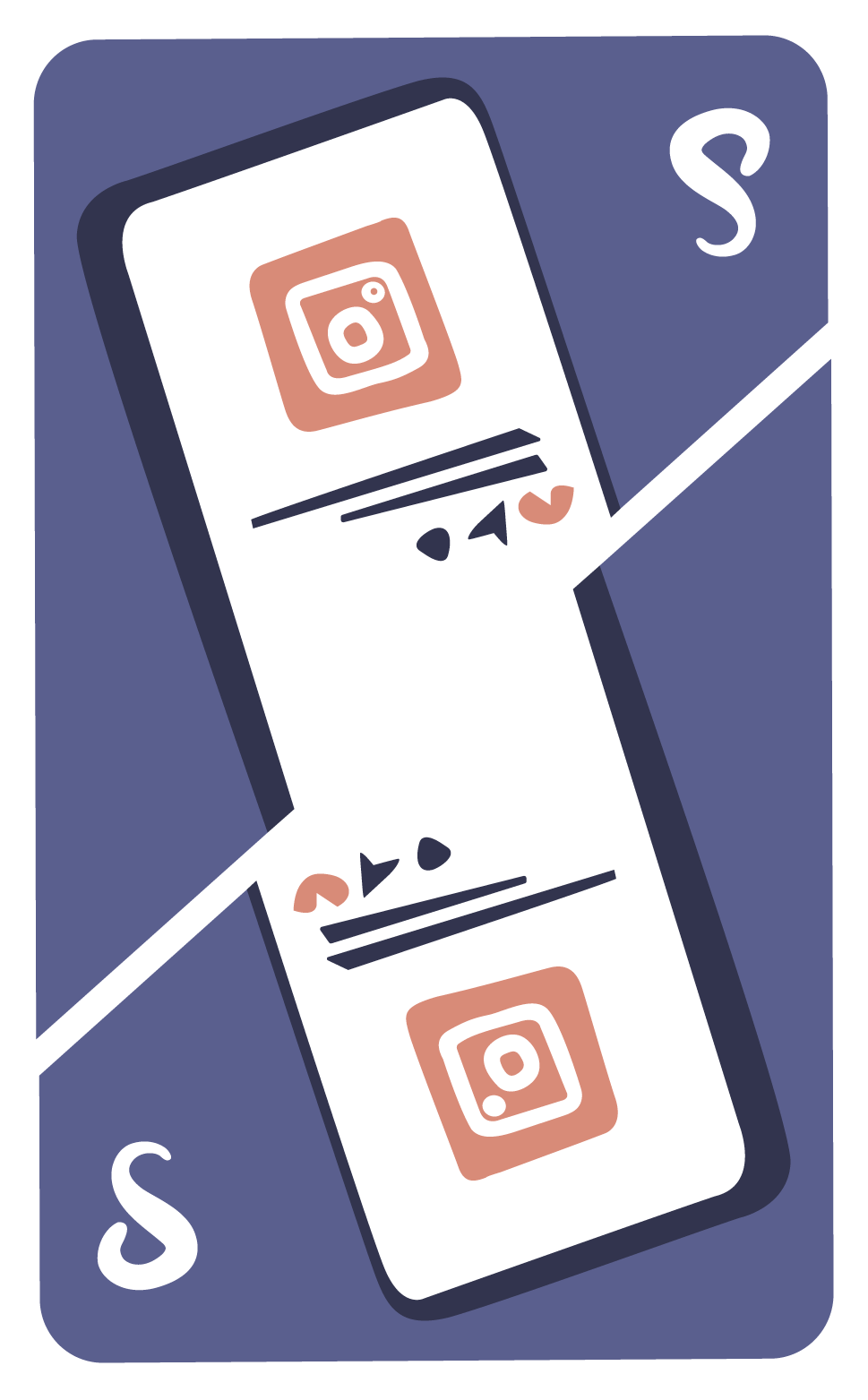
Living environment
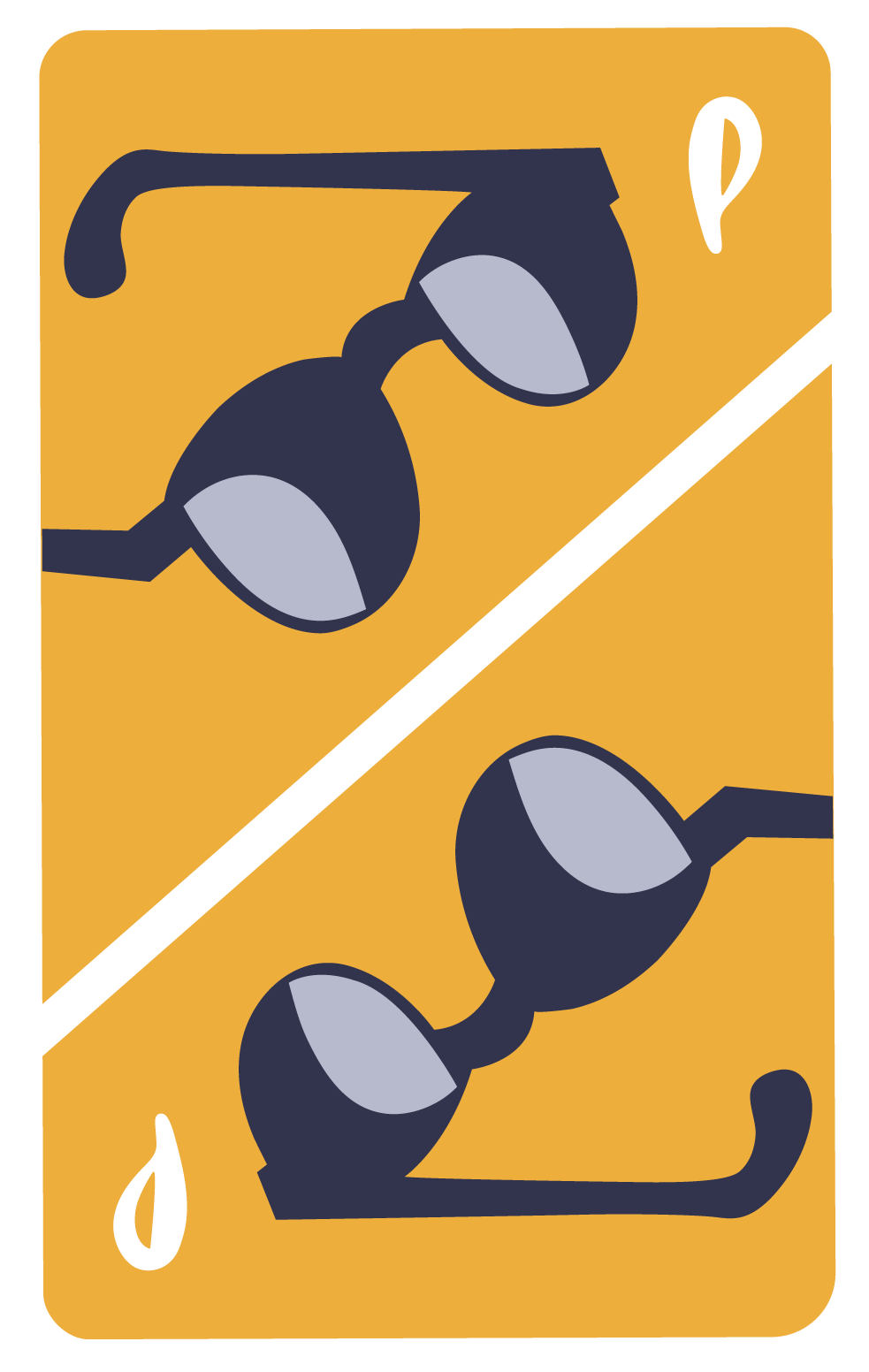
Psychology

Ressources




TNDO 7 Mistakes game
The 7 Mistakes game, developed by the TNDO team, is a fun and accessible tool for identifying habits that affect sleep. It’s perfect for breaking the ice, starting a discussion, and raising awareness, particularly among young people with literacy challenges. A corrected version and clear explanations accompany the game so you can go further… without falling asleep!
Source : To Not Doze Off




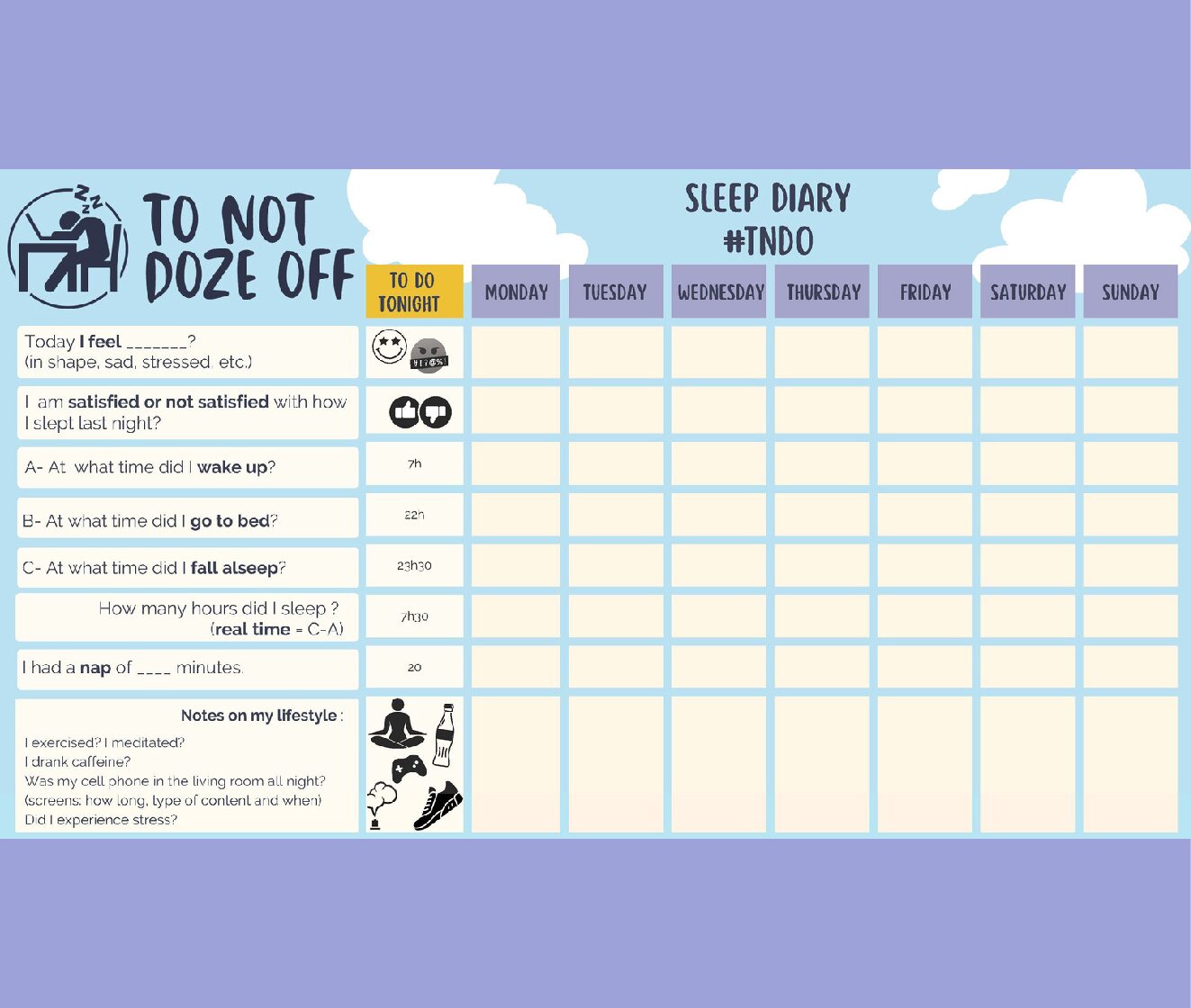
Sleep Diary TNDO
The sleep diary: a simple and proven tool for better sleep. Its effectiveness has been proven: keeping a sleep diary helps you better understand your habits, identify obstacles to sleep, and initiate lasting changes. TNDO offers its own version, in the form of a table to be completed over 7 to 14 days, to gain awareness, adjust, and observe the concrete effects.
Source : To Not Doze Off




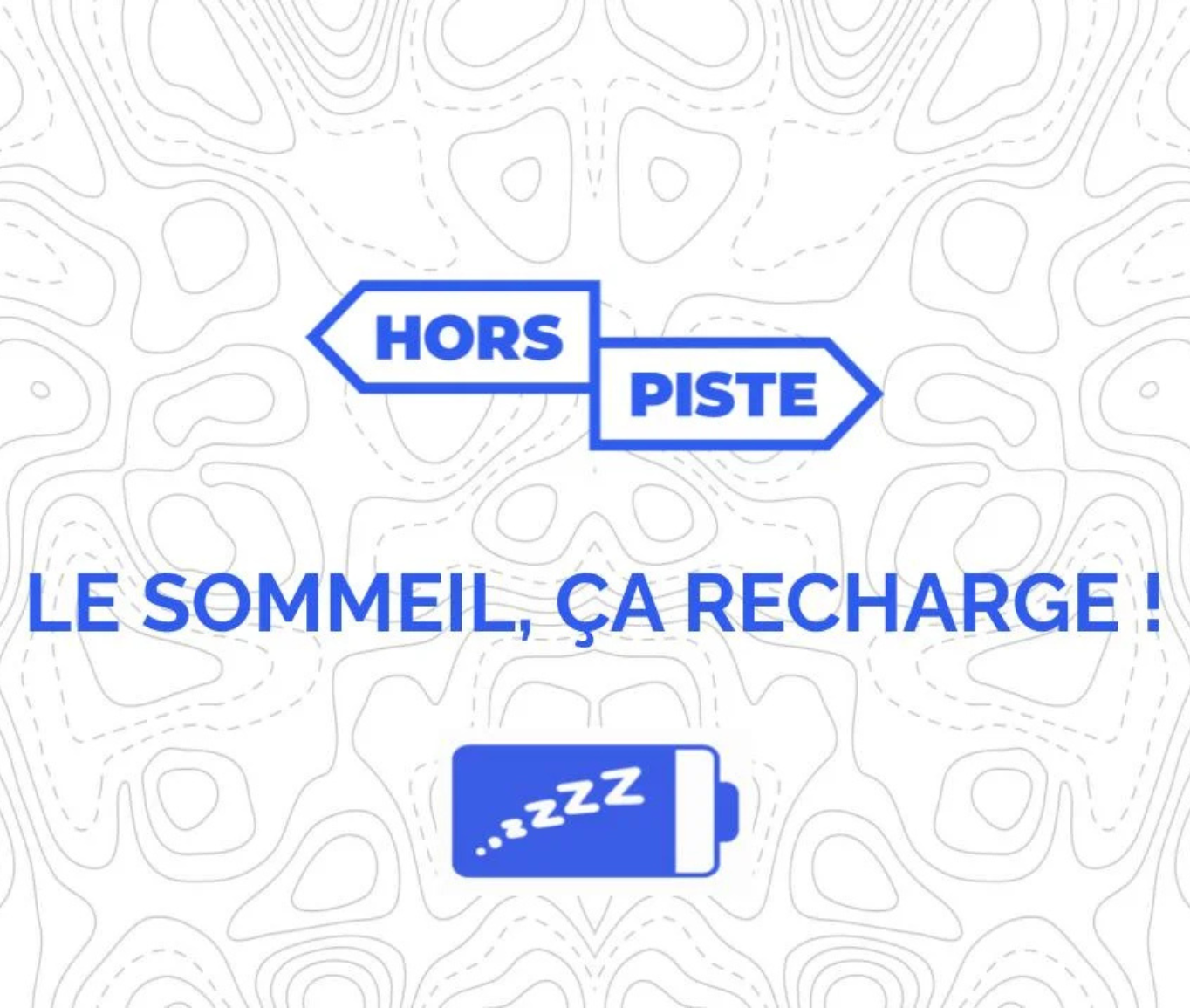
Atelier sommeil du programme HORS-PISTE : Le sommeil, ça recharge! (PPT TNDO)
Want to explore the link between sleep and mental health without resorting to a lecture? Le sommeil, ça recharge workshop is for you!
Designed for school settings, this turnkey activity offers an active and positive discussion on the joys of sleeping well.
Youth are invited to reflect, share, and better understand how sleep can help prevent anxiety.
The workshop includes instructions, a slideshow, and all the necessary materials to make it easy to facilitate. A simple, relevant, and ready-to-use tool!
Source : To Not Doze Off





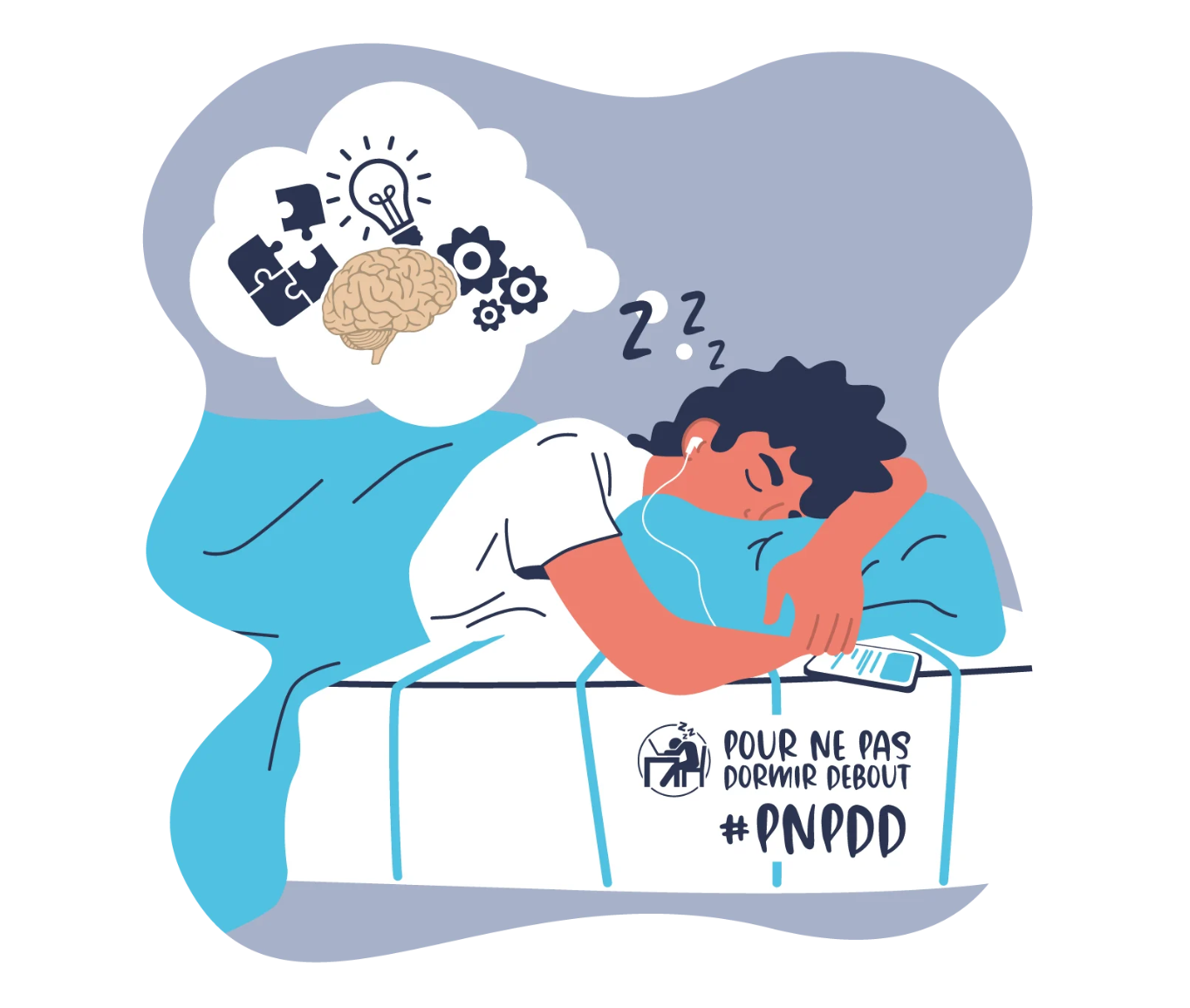
The collaborative Challenge TNDO to share our slices of night
The collaborative challenge is a simple, creative, and turnkey activity that gives the youth a voice about their own experiences with sleep and dreams. Video, podcast, photo, or comic strip: several formats are possible to express their point of view. The TNDO team took part in the challenge by opting for the video format. The TNDO team played along and chose the video format.
Source : To Not Doze Off




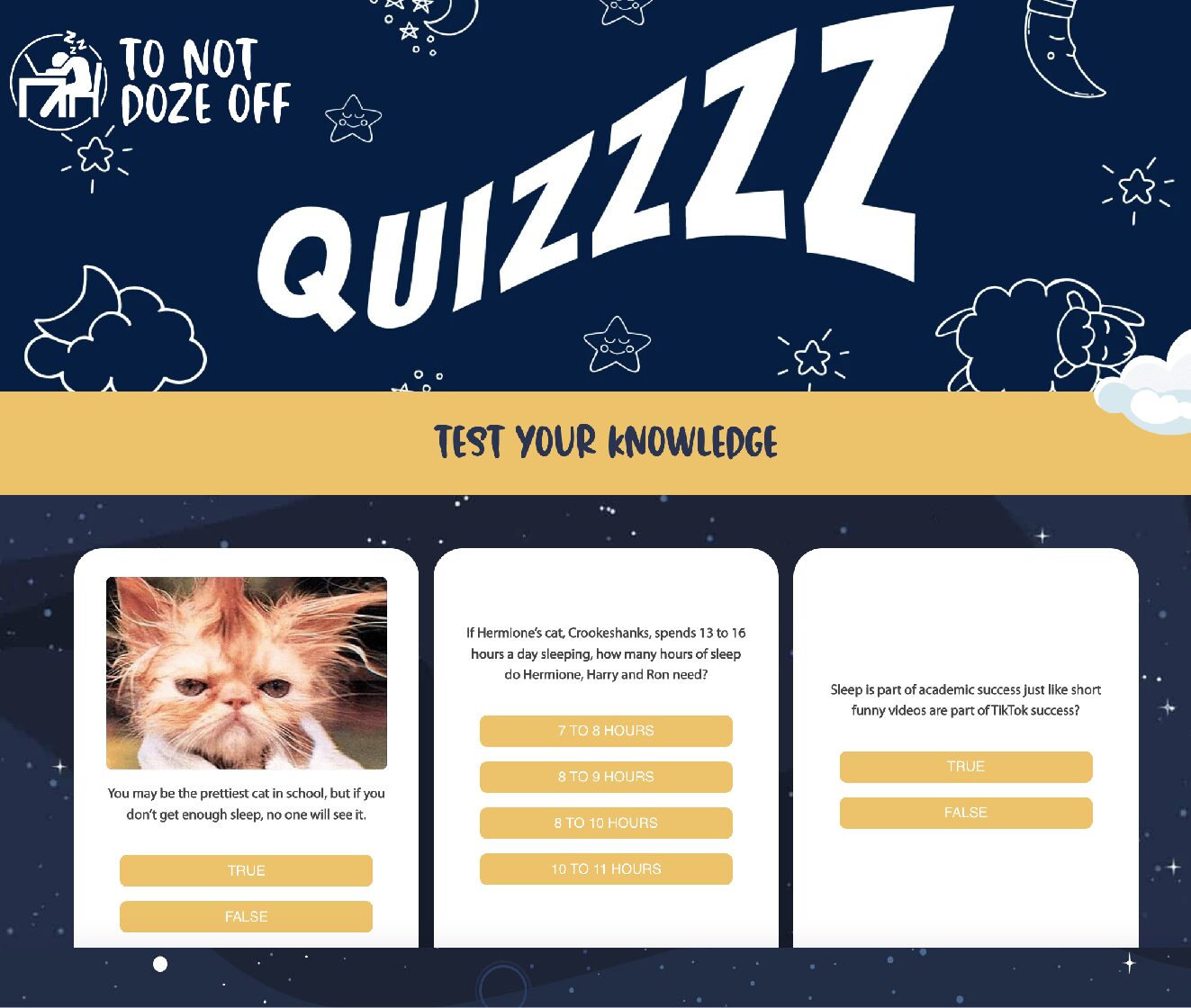
TNDO Quizzzz
Short Quizzzz designed for youth to test their knowledge about sleep, discover surprising facts, debunk common misconceptions, and better understand the impact of sleep on their health and daily lives. This page also gives them the opportunity to ask questions to the TNDO team.
Source : To Not Doze Off





Sommeil des ados, quels impacts sur la santé mentale? (60 min)
This webinar covers the basics of sleep, the specific needs of teens, circadian rhythms, and the sleep phase gap phenomenon. It highlights the consequences of sleep deprivation on mental health and encourages healthcare professionals to systematically assess young people’s sleep habits.
Source : Réseau Qualaxia






Le sommeil des ados, pierre angulaire de leur santé mentale
One in three young people sleeps too little… and it impacts everything: mood, attention, and mental health. Between a shifted body clock, evening screens, and school schedules, the risks are mounting. This article helps you understand the causes and offers concrete solutions: sleep hygiene, screening tools, and school adjustments.
Source : Ordre des psychlogues du Québec




C’est pas nous, c’est la #science qui le dit : va te coucher pour l’amour! (1 min)
Nico, who experienced seven nights of sleep deprivation, highlights the importance of sleep from a variety of perspectives—mental health, athletic performance, and academic achievement. It makes you want to… go to bed!
Source : Rad Le laboratoire de journalisme de Radio-Canada




Échelle HIBOU©
This tool helps detect sleep disorders in children aged 2 to 17. Developed by the Clinique d’évaluation diagnostique des troubles du sommeil de l’Hôpital Rivière-des-Prairies, the HIBOU scale assesses poor sleep in children on a scale of 0 (never) to 3 (5 to 7 times per week).
Source : Clinique d’évaluation diagnostique des troubles du sommeil de l’Hôpital Rivière-des-Prairies



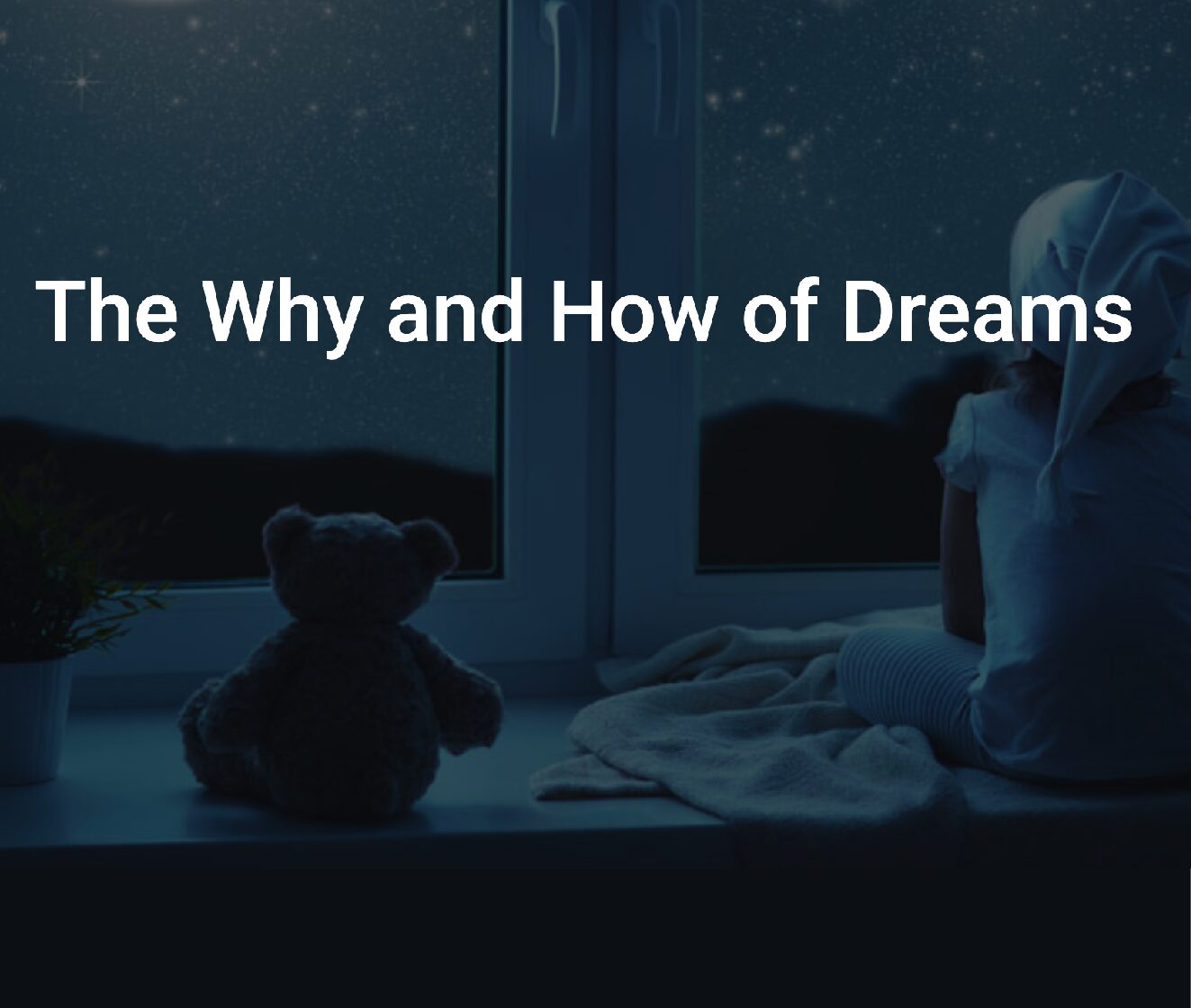
The Why and How of Dreams
Dreams are a normal mental activity that occurs during sleep and often reflect our emotional concerns and experiences. Although their exact meaning remains partly mysterious, they offer valuable insight into our inner world. Paying attention to one’s dreams, by narrating or recording them, can be beneficial, especially in a therapeutic context.
Source : Sleep on It





Temps d’arrêt avec Coach Frank – 6 épisodes sommeil et sport
Temps d’arrêt, hosted by Coach Frank, is the podcast to discover the latest scientific breakthroughs and best practices for unlocking athletes’ full potential. Coach Frank and his guests demystify innovative approaches to creating positive sports experiences. A must-listen for coaching and athletic development enthusiasts looking to challenge the status quo.
Source : Temps d'arrêt




Série Le sommeil en questions : Sommeil des ados, trop ou pas assez? (5 min)
Roger Godbout, professor of psychiatry at the University of Montreal, explains the impact of cultural and social pressures on teen sleep. He presents a proven solution: delaying school start times to better align school schedules with young people’s biological needs.
Source : Savoir médiaMedia know-how





EnModeAdo | Le sommeil des ados (4 min)
Dr Sébastien Bergeron, a pediatrician specialized in adolescent medicine, explains what you need to know about sleep during adolescence—and most importantly, what you can do to help your teen. The final segment covers when to consult a doctor.
Source : Direction de santé publique de la Montérégie



Neuroscientists identify a surprising low-tech fix to the problem of sleep-deprived teens
This article shows that comfortable bedding—especially pillows—can make all the difference. Teens who feel comfortable in their beds sleep better. Being comfortable in their bedding protects sleep quality, with positive effects on concentration, mood, and mental health. A simple and accessible solution: ask our young people if they feel comfortable in their beds… and, if not, look for ways to improve their comfort to promote restful sleep.
Source : The conversation






Dormez-vous? Le sommeil des ados sous la loupe (22min)
Naviguer ensemble is a podcast series that explores issues affecting youth. In this episode, a PhD student in psychology, a mom, and some teens share best practices and tips for better sleep.
Source : Association pour la santé publique du Québec (ASPQ) en collaboration avec Ça se cultive






Nico se prive de sommeil pendant 7 nuits (20 min)
This video follows Rad Team member Nico as he embarks on an extreme week-long sleep deprivation experiment. The goal? To understand the effects of sleep deprivation on the body, mind, and productivity with the help of a sleep lab.
Source : Rad Le laboratoire de journalisme de Radio-Canada






Mégaphone – sommeil et rêves
With its unique approach to science communication and active youth involvement in production and interviews, Projet Mégaphone explores a variety of themes with the youth from TAPAJ Spectre de rue. Tapajeurs and tapajeuses dove into the mysteries of sleep and dreams alongside scientists. A number of short episodes await you—real gems.
Source : Projet Mégaphone






Sans Filtre #144 – Comprendre le sommeil, les rêves et l’insomnie avec Roger Godbout Ph.D (120 min)
In a podcast, Roger Godbout, a researcher and professor at the Université de Montréal, takes an in-depth look at sleep, dreams, and insomnia. He explains why we sleep, how dreams are formed, and offers concrete ways to optimize sleep quality. He highlights the consequences of sleep deprivation on mental health and encourages health professionals to systematically assess the sleep habits of young people.
Source : Sans filtre podcast






Chaine de vidéos du challenge 3 semaines pour mieux dormir
The Challenge 3 Semaines pour Mieux Dormir channel offers a series of short videos about teen sleep. These videos accompany the educational program co-created with researchers and teachers from France.
Source : Une collaboration de différents laboratoires lyonnais (CRNL, Inserm, LIRIS-CNRS) et le Réseau Morphée






Video for the Challenge 3 semaines pour mieux dormir
Challenge and short video (2 minutes) presenting the Challenge 3 Semaines pour Mieux Dormir, based on a web application designed by French scientists and teachers to help teens sleep better. Discover the research and motivations behind the creation of this project, as well as the methods used to promote better sleep among young people in France.
Source : Une collaboration de différents laboratoires lyonnais (CRNL, Inserm, LIRIS-CNRS) et le Réseau Morphée





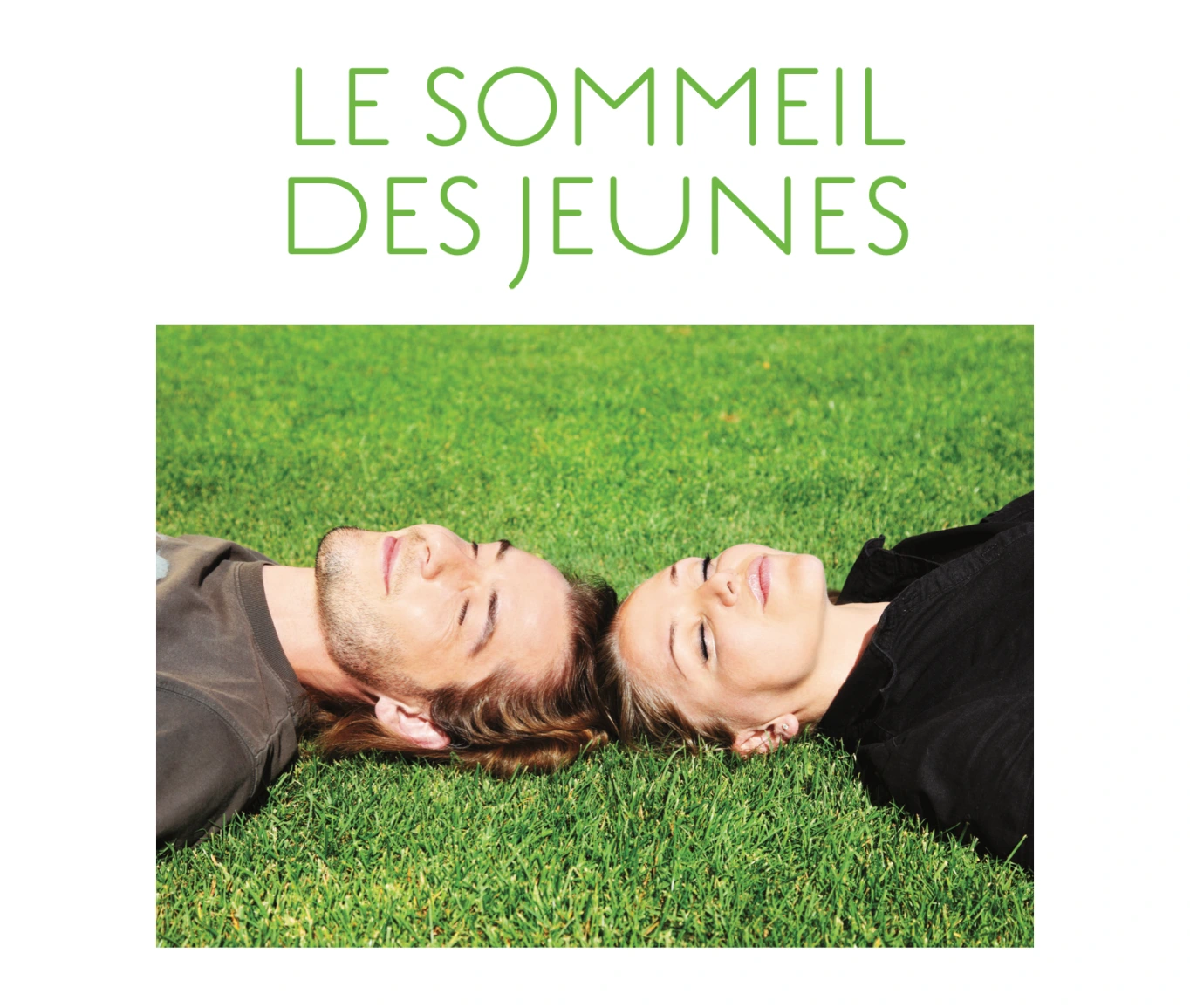
Le sommeil des 15-25 ans et l’Institut National du Sommeil et de la Vigilance (INSV) (France)
L’Institut National du Sommeil et de la Vigilance (France), in partnership with the Fondation PiLeJe, created this brochure to shed light on young people’s sleep needs and how they can achieve optimal sleep conditions as they prepare for the key challenges of adult life. Inside, you’ll find a wealth of information, testimonials, and practical tools.
Source : Institut national du sommeil et de la vigilance (INSV)



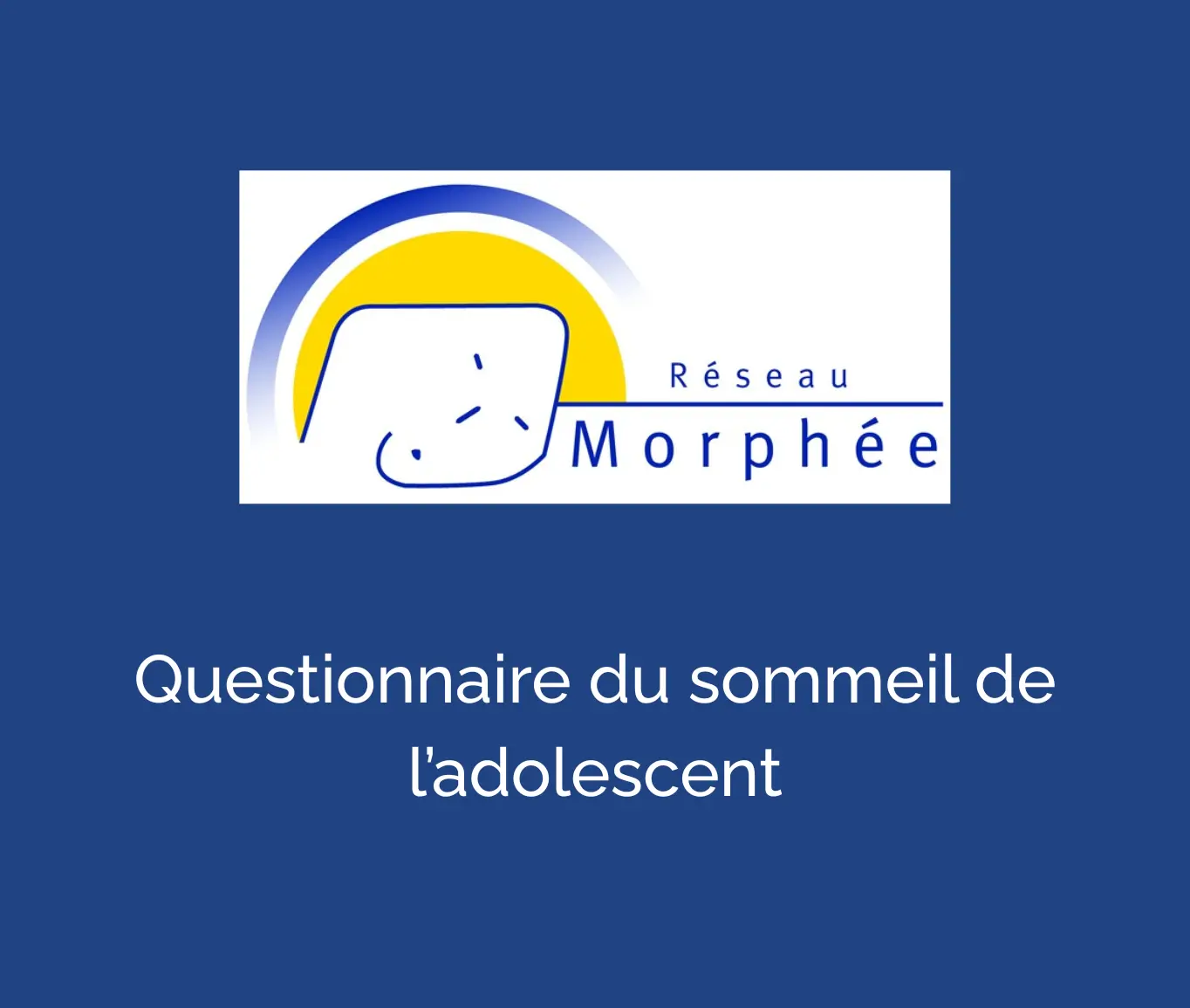
Le Réseau Morphée (France) et leur questionnaire du sommeil de l’ado
Le Réseau Morphée is a French platform that combines educational information, self-assessment tools, structured medical support, and resources for professionals. Its goal: to improve sleep quality and the management of related disorders through an educational, preventive, and therapeutic approach. Here is their sleep self-assessment questionnaire to help you get to know yourself better.
Source : Réseau Morphée



La campagne de communication et les ressources de PAUSE
PAUSE is a Québec initiative that promotes balanced screen use to prevent the negative effects of hyperconnectivity. It targets youth, parents, and professionals by offering advice, tools, and events to encourage healthier digital habits. Through its campaign and online resources, PAUSE aims to become a movement that helps everyone take back control of their screen time and prioritize positive connections—both online and in person.






